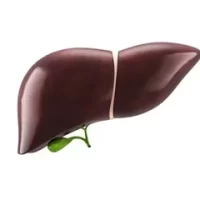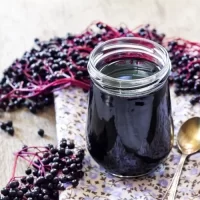First of all, yes! Many people associate dehydration and hot summer days or excessive exercise in hot and humid environments. However, dehydration doesn’t just occur in hot weather. Even in colder weather, you can still become dehydrated. These are some tips and information to help you stay hydrated all year.
Winter dehydration
When your body does not have enough fluid, it is called dehydration. There are many factors that can affect the amount of water your body needs in a given day. However, on average, an adult requires 100 ounces of water per day.
It is possible to become dehydrated in cold weather, as it is when it’s hot. It can be more difficult to stay hydrated during summer than it is in winter.
- People are more thirsty in winter, so they drink less water. However, being less thirsty does not mean you are more hydrated.
- In cold weather, we tend to sweat less. Although your body does lose moisture in cold weather conditions, it might not be obvious that you need water to replenish these fluids.
- People don’t always associate cold weather with dehydration so they might not be as likely to drink enough water during winter than in summer.
Every day your body loses water through perspiration, respiration, and bodily functions, regardless of outside temperature. Temperature can have an impact on how quickly you lose water. Your body’s ability to lose moisture quickly can also be affected by other factors, such as your activity level, your diet, and your overall health.
Staying hydrated during cold weather

- In cold weather, it is important to keep hydrated. Just remembering to drink more water in winter can prevent you from becoming dehydrated.
- Hydrate and drink water, especially after exercise or when you are doing physical activity.
- You don’t have to rely on your thirst to inform you that you need water. Aim to drink at least one liter of water per day.
- Get your fruits and veggies! Water can be found in the foods you eat. You can get water from fruits and vegetables.
- Drink warm beverages such as hot cider, decaffeinated tea, and herbal tea if you have trouble drinking water outside.
- Always keep water close by. You can keep hydrated all year round by having a reusable water bottle. You can carry water throughout the year if you are accustomed to carrying water during summer.
- Avoid caffeinated and alcohol-based drinks as they can lead to dehydration.
Learn the symptoms and signs of dehydration
Recognize signs of dehydration. This will help you to remember to drink more water. Dehydration can be indicated by dizziness, thirst, dark urine, fatigue, dry skin, and dizziness.












